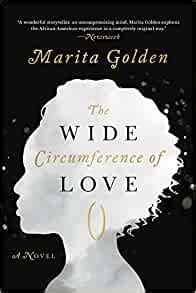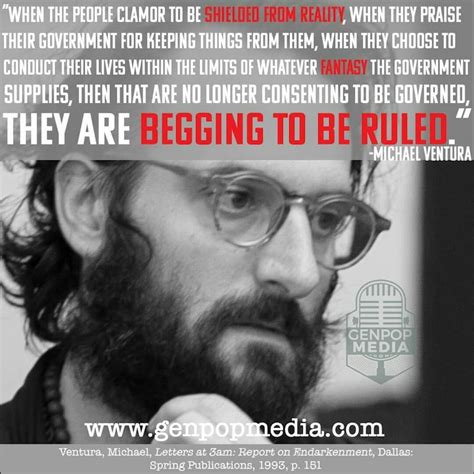A Quote by Tom Stoppard
I write out of my intellectual experience.
Quote Topics
Related Quotes
To say that you can 'have experience,' means, for one thing, that your past plays into and affects your present, and that it defines your capacity for future experience. As a social scientist, you have to control this rather elaborate interplay, to capture what you experience and sort it out; only in this way can you hope to use it to guide and test your reflection, and in the process shape yourself as an intellectual craftsman
Our churches are filled with Christians who are idling in intellectual neutral. As Christians, their minds are going to waste. One result of this is an immature, superficial faith. People who simply ride the roller coaster of emotional experience are cheating themselves out of a deeper and richer Christian faith by neglecting the intellectual side of that faith.
I try to write into the heart of experience. Then, through the experience of the writing, that heart reveals itself to me. To write it down for others, as a door to go through it they choose, is the price of the experience, the price of the ticket. This is the demand that God, if you like, puts on you for being an artist.



































